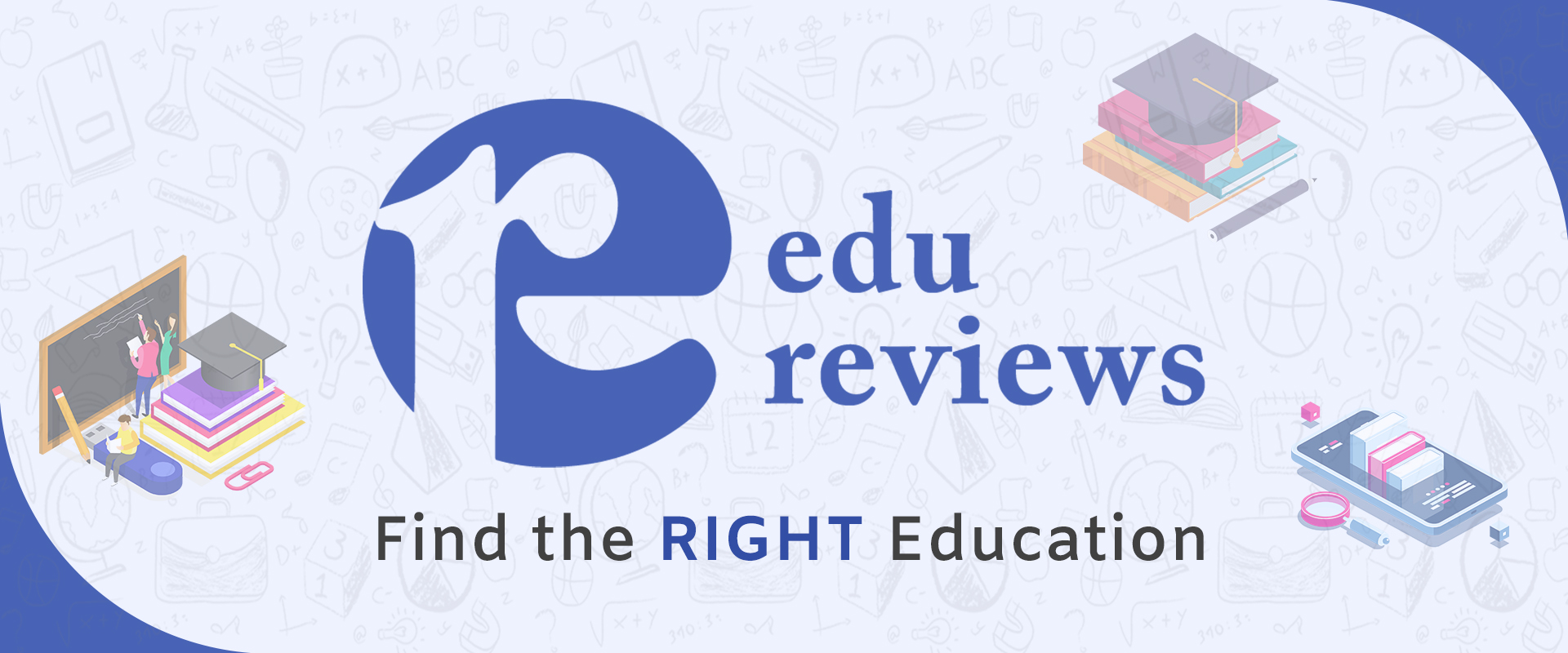“ADHD stands for attention deficit hyperactivity disorder. It is a medical condition. A person with ADHD has differences in brain development and brain activity that affect attention, the ability to sit still, and self-control. ADHD can affect a child at school, at home, and in friendships.”
My name is Nahar and I’m a university student with ADHD. I was diagnosed with ADHD in June 2019 and have been on a journey to figure out what it means, how it affects me and how I can live my life better with it. When I was diagnosed, it came as quite a shock to me. Mostly because at that point, I didn’t know what it really was. I’ve heard about it here and there but mostly about how kids usually have it. So to learn that I, a 23-year-old adult in university, have symptoms of ADHD patients and that it’s the cause of most of my problems in university, school, work and life in general, it was bittersweet.
It was bitter because 3 years earlier I was diagnosed with Major Depressive Disorder and I’m was still trying to figure that one out, and now another diagnosis like this was devastating to me because it meant I had something else wrong with me and I had to work even harder than before to function like a “normal” person. For example, a normal person would realise that when it’s time to get do a project, assignment or to study, you just get up and do it. Me? It takes me at least 10 extra working days to actually do it. Some might see this as laziness and procrastination, which sort of is, but it’s one that’s worse than you might think.
Putting this into a university context, the same problems were there but were also made worse. Assignments, deadlines, exams, group-work, and everything else was affected because of my ADHD. I struggled to start writing essays because I would feel incredibly overwhelmed and anxious then would eventually cry. I would start at the last minute but because of how long it takes me to do them, I would go past the deadline and ultimately fail the class, which then puts me into the miserable cycle of failing, then thinking I’m a failure, then having low self-esteem, then thinking it’s not worth it, then panic and around it goes.
Though, it’s not all bad. At the same time, the diagnosis was also a relief. Because of it, I knew exactly what the problem was, and this meant I knew how to get help, for what, where and how to move forward. When you know what the problem is, the solutions will follow.
So, what did I do? I sought out help from a psychiatrist in University Malaya Medical Centre where I got diagnosed. I started taking medication for it, but not everyone has to, and I did my own research at home to find other ways of living with ADHD as a university student. The medication worked and I’m still taking it six months later – though, with adjusted doses based on the best advice by the doctor. My research also led me to a wealth of knowledge from licensed psychologists, psychiatrists and therapists who have years of experience in the field, as well as personal experiences from other people who have ADHD in their adulthood. This wealth of knowledge and advice has helped me overcome the common problems adults with ADHD have, especially when you’re in university. If you resonate with what I go through, maybe these tips can help you too.
Have a routine and stick to it

One of the things I learned was the importance of having a routine. Having a routine ensures that the hyperactivity and attention-deficit part of ADHD doesn’t overwhelm and rule our lives so much. Going about your dad and doing things at the same time each day might seem boring, but for someone with ADHD, it helps us stay on track and stay mindful. Often times we get so overwhelmed with what we’re thinking and what we want to do, that we often forget what we have to do at that point in time. For example, there have been days where I would be so preoccupied thinking about what to eat for lunch on that day that I completely forget to take my wallet to work with me. Too much forward-thinking can actually be detrimental to the day-to-day functions of people with ADHD. Sometimes we just need to slow down, take a breather and focus on what we need to do at that very moment.
Break your time into smaller chunks

Another thing I learned was also the benefits of breaking my months, weeks, days and tasks into small chunks. Break your months into weeks, weeks into days, days into hours and hours into three 20-minute chunks. Focus on those moments and those moments only, and before long you would have finished doing what you needed to do. This helped me a lot getting through assignments that would take weeks to complete as breaking my study times into smaller chunks helped me focus intensely for that period of time, then relax or work-off my pent-up energy during the break.
Think of it as superpowers

Don’t ignore your ADHD, accept and embrace it. Acknowledge that it exists, that it affects your life and that it’s part of you. In fact, work to understand it, how it affects you and how you can make it work despite it but also how you can utilise it too, sort of like a superpower.
Part of how I’ve come to terms with my ADHD is understanding that it does make my life a little harder, but also that there are things that I can do those others probably can’t. For example, I work best under pressure and can hyper-focus in the noisiest environments. Scientifically speaking, this is because of something called ‘Theta waves’. These are low-frequency brain waves produced when someone is in a deep state of relaxation. People with ADHD have been found to produce these brainwaves in excessive amounts. So, for me, when it’s crunch time and people are panicking to get an exam prepped for or a project finished, I’m able to stay calm, think straight and stay hyper-focused because of these ‘Theta waves’. See? Superpowers!
It is what you make of it
ADHD isn’t a blessing, but it’s not a curse either. It doesn’t have to be. It is what you make it. There’s no doubt that it affects everyone differently, and everyone has it in different intensities. I was blessed enough to still be functional despite it, but not everyone is that lucky. For those of us who are lucky, you can make it affect you badly or make peace with it. You can choose to ignore it and not seek help or embrace it and accept the help that people want to give you. ADHD is a lifelong struggle, you will go through peaks and troughs, but you don’t have to do it alone and you definitely don’t have to be miserable about it all your life.







